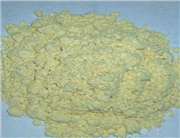1/3
Tadalafil
- Min. Order100g/Bag
- Purity99.4%
- Cas No171596-29-5
- Supply Ability1000kg
- Update time2021-11-01
| Product Name | Tadalafil |
| CAS No | 171596-29-5 |
| EC-No | |
| Min. Order | 100g/Bag |
| Purity | 99.4% |
| Supply Ability | 1000kg |
| Release date | 2021/11/01 |
he basic information
Chinese name: Tadalafil
English name: Tadalafil
CAS no. : 171596-29-5
Molecular formula: C22H19N3O4
Molecular weight: 389.404
The physical and chemical properties
Density: 1.51 g/cm3
Melting point: 298-300 ℃
Boiling point: 679.1 ℃
Flash: 364.5 ℃
LogP: 1.43
Refractive index: 1.758
Related drug instructions speech
pharmacokinetic
Absorption was rapid after oral administration, and the mean maximum observed plasma concentration (Cmax) was reached at a median time of 2 hours after administration. The absolute bioavailability after oral administration has not been determined. The absorption rate and degree of tadalafil are not affected by food, so this product may be taken with or without food. The timing of administration (morning or evening) had no clinically significant effect on absorptance or extent, and the mean volume of distribution was about 63 liters, indicating that tadalala was not distributed into tissues. At treatment concentration, 94% of tadalafil in plasma is bound to protein. Protein binding was not affected by renal impairment. In healthy subjects, the mean oral clearance rate of tadalafil was 2.5L/hr with a mean half-life of 17.5 h. Tadalafil is excreted primarily as inactive metabolites, mainly from the stool (approx. 61% of the dose) and to a lesser extent from the urine (approx. 36% of the dose).
Applicable symptoms
Erectile dysfunction and pulmonary hypertension.
Usage.
The recommended dose of this product is 10mg and should be taken before sexual activity without being affected by eating. If 10mg is not effective, 20mg can be taken at least 30 minutes before sex.
The maximum dose frequency is once a day.
Side effects
Eyelid swelling, or what is described as eye pain and conjunctival congestion, is a very rare side effect. Reports indicate that side effects caused by tadalafil are brief, mild, or moderate. These side effects are data that only apply to patients under the age of 75.
taboo
Clinical studies have shown that tadalafil can enhance the antihypertensive effect of nitrate drugs. This is thought to be the result of a combination of nitrates and tadalafil acting on the nitric oxide/cGMP pathway. Therefore, patients who are taking nitrates in any form should not take this product.
Having sex poses potential heart risks for people with heart disease. Therefore, erectile dysfunction drugs, including tadalafil, should not be used to advise patients with heart disease who are not sexually active. For patients who already have heart disease, doctors should consider the potential heart risks of sex. The clinical trials that have been conducted do not include patients with the following cardiovascular diseases, so tadalafil is prohibited in these populations:
● Patients who have had myocardial infarction within the last 90 days
● Patients with unstable angina or who have experienced angina during sexual intercourse
● Patients with heart failure who have met the New York Heart Association's diagnostic criteria of Grade 2 or higher in the past 6 months
● Refractory arrhythmia, hypotension (< 90/50mmHg), or refractory hypertension
● Patients who have had a stroke in the last 6 months
● This product should not be taken by persons known to be allergic to tadalafil or its prescribed ingredients
Matters needing attention
Prior to considering medication, a medical history and physical examination should be conducted to diagnose erectile dysfunction and identify possible unknown causes.
Because the risk of cardiovascular disease is somewhat associated with sexual behavior, physicians should consider cardiovascular health before treating men with erectile dysfunction, including tadalafil. Tadalafil causes a mild, temporary drop in blood pressure due to its vasodilatation properties, which may enhance the antihypertensive effect of nitrate.
Severe cardiovascular disease, including myocardial infarction, unstable angina, ventricular arrhythmias, shock, and transient ischemic attacks, has been observed in clinical trials with tadalafil. In addition, hypertension and hypotension (including postural hypotension) are occasionally observed in clinical trials. Most of the patients with these conditions had pre-existing cardiovascular factors before taking the drug. However, it is not known whether these events are related to these risk factors.
Limited clinical safety information regarding the use of this product in patients with severe child-Pugh grade C; If such patients are prescribed, a careful benefit/risk assessment of each patient by the prescriber is required.
Clinical trials of tadalafil did not report abnormal erections. However, abnormal erections have been reported with sildenafil, another PDE5 inhibitor, and patients should be told to seek immediate treatment if erections last more than 4 hours or longer. If erectile dysfunction is left untreated, it can lead to tissue destruction and permanent loss of erectile ability.
Tadalafil should be used with caution in patients prone to erectile dysfunction (e.g., sickle cell anemia, multiple myeloma, or leukemia) or with anatomical abnormalities of the penis (e.g., penile angulation, deformed penis, cavernous fibrosis, or Peyronie's disease).
Diagnosis of erectile dysfunction should include identifying the underlying etiology and determining treatment after appropriate evaluation. It is unclear whether the product is effective in patients with spinal cord injuries, pelvic surgery, and prostatectomy.
Tadalafil should not be used in patients with hereditary galactose intolerance, or galactose catabase deficiency, or glucose-galactose malabsorption.
Patients who are taking alpha-blocked body hysteresis agents such as doxazosin may, in combination, cause symptomatic hypotension in some patients. Therefore, tadalafil is not recommended to be used in combination with α -blocked body hysteresis agent.
Special care should be taken if tadara is prescribed over the counter to patients who are taking strong CYP3A4 inhibitors such as ritonavir, saquinavir, ketoconazole, itraconazole, erythromycin. Tadalafil has been found to enhance tadalafil exposure (AUC) when used in combination with such agents.
The safety and efficacy of this product in combination with other erectile dysfunction treatments have not been studied. Therefore, this type of combination is not recommended.
In a dog trial, when tadalafil was given at a daily dose of 25mg/kg/ day or more for 6 to 12 months (at least 3 times higher exposure than the human dose of 20mg/kg/ day (range 3.7 to 18.6)), degeneration of the epithelium of the vas deferens was observed in some dogs, resulting in a lower sperm count. The results of the study, conducted in two groups of healthy volunteers for six consecutive months, indicate that the clinical phenomenon observed in the dog study does not occur in humans. The effects of long-term continuous daily use of tadalafil have not been determined and continuous daily use is therefore prohibited.
Tadalafil has no or negligible effect on the ability to drive and operate machinery. No specific study of this potential impact has been conducted. Although the placebo and tadalafil groups reported similar frequency of vertigo in clinical trials, patients should be aware of their reaction to tadalafil before driving or operating a machine. [1]
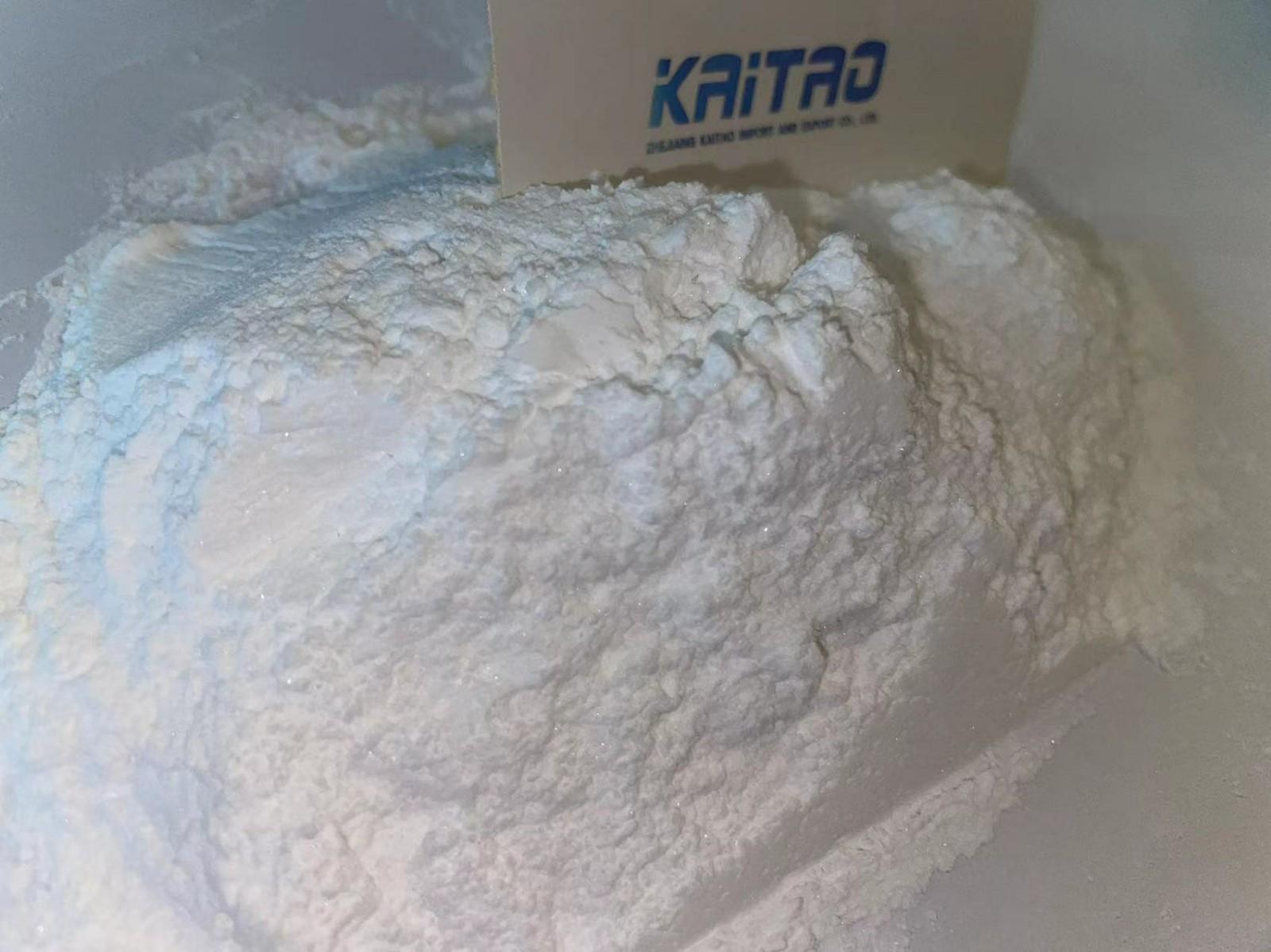
Company Profile Introduction
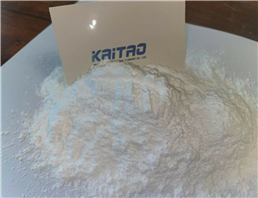
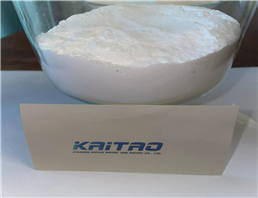
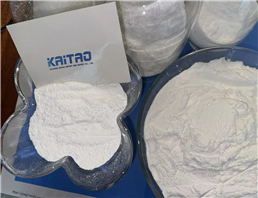

 China
China

